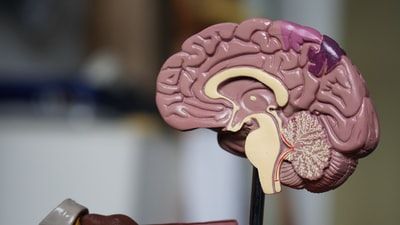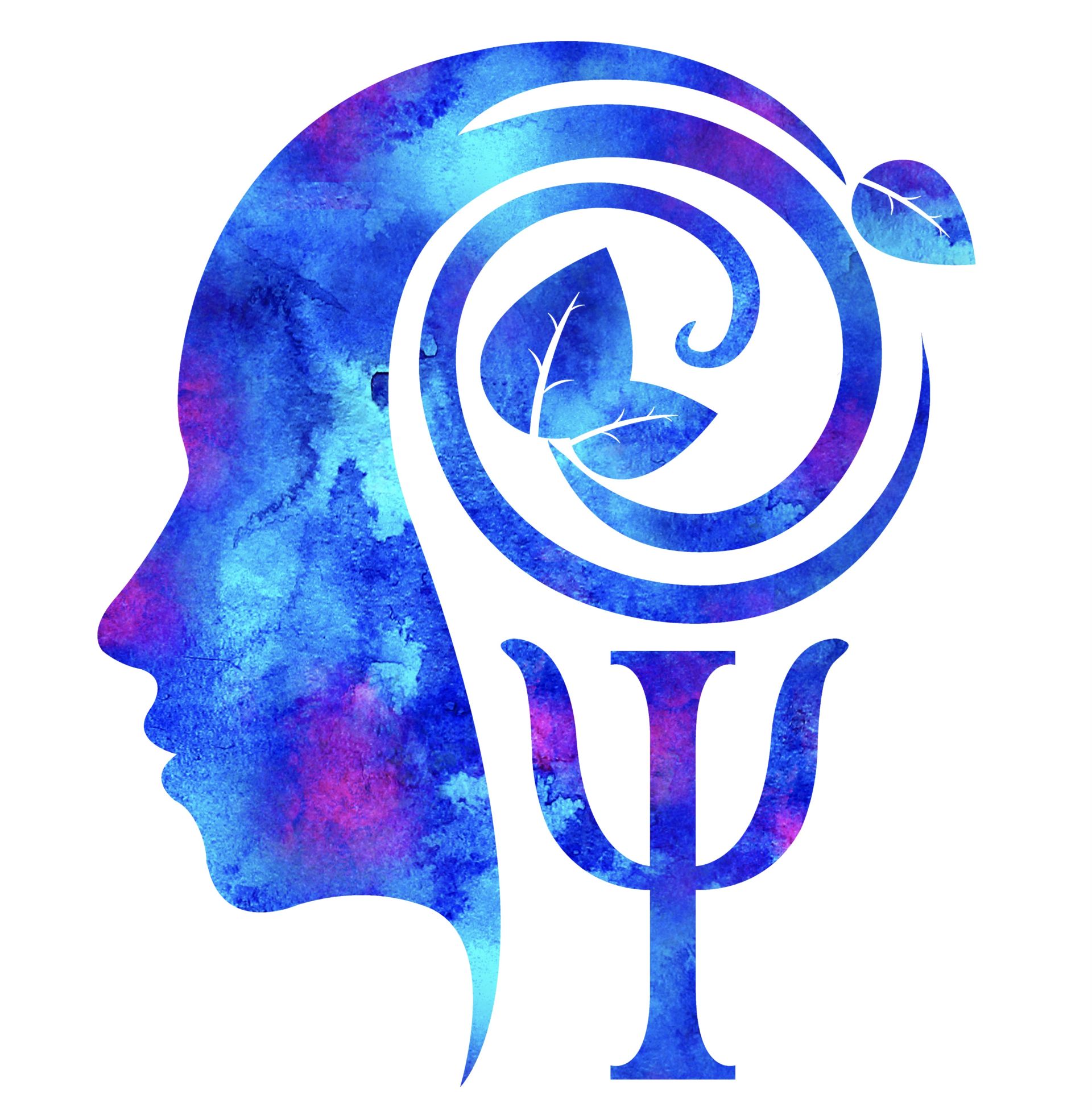Genie Wiley: feral child, a sad story of the impact of social isolation and abuse on cognitive development
Kathy Gray
Watch the documentary - Genie Wiley, feral child. Malnourished, deprived of any meaningful human interaction, nurture, affection and language. Genie suffered extreme, barbaric abuse and neglect at the hands of her parents which resulted in devastating consequences for her cognitive development.

Brain Development and Language
The human brain is quite simply, amazing. Our brains are developed
over time with the foundational structures constructed in the womb from the
third week of gestation onwards. The development of neurons is prolific and
rapid as the human brain forms 1 million neurons every second in the first few
years of life and continues into adulthood: with some of the major structural changes
occurring again in the prefrontal cortex during adolescence.
In early childhood, we develop simple neural connections,
following with more intricate and complex circuits which enable us to develop more
complex skills and language. Each area of our brain is responsible for
different physiological, psychological, and emotional functions throughout the
body, conscious and unconscious processes that enable us to maintain homeostasis
and be everything that it is to be a fully developed human (Harvard, 2022).
Synaptic pruning occurs once we have built enough circuits,
this process enables the brains circuitry to be more efficient and prunes away
areas unused. What happened to Genie Wiley was the process of synaptic pruning
in the speech and language areas of the brain, having passed what psychologists
understand to be the critical period of language development. Lenneberg’s
theory of language acquisition proposes that the critical period is from two to
twelve years of age (Vanhove, 2013).
The crucial areas are known as Broca’s area, responsible for
speech production and comprehension, and Wernicke’s area, responsible for understanding
written and spoken language. When Genie’s language assessment score was initially conducted, it placed her at the cognitive
age of 1 years old, however, while in the care of psychologists, she did manage to make incredible progress and learn
some basic vocabulary such as linking two
words together. Sadly, Genie spent much of her life post -rescue in foster care
where she suffered further abuse and neglect; resulting in Genie becoming once
again fearful to open her mouth to speak.
References:
Harvard University. (2022). Brain Architecture. Center on the Developing Child. https://developingchild.harvard.edu/science/key-concepts/brain-architecture/ accessed 05/05/2022 Vanhove J. (2013). The critical period hypothesis in second language acquisition: a statistical critique and a reanalysis. PloS one, 8(7), e69172. https://doi.org/10.1371/journal.pone.0069172
References:
Harvard University. (2022). Brain Architecture. Center on the Developing Child. https://developingchild.harvard.edu/science/key-concepts/brain-architecture/ accessed 05/05/2022 Vanhove J. (2013). The critical period hypothesis in second language acquisition: a statistical critique and a reanalysis. PloS one, 8(7), e69172. https://doi.org/10.1371/journal.pone.0069172

School of Psychology and Neuroscience. E-Learning revolutionised.
Learn how to create powerful and transformational online courses by leveraging learner psychology.
Online Psychology Courses - Learn Psychology.
Self-study and hybrid online psychology courses.
Learn how to create powerful and transformational online courses by leveraging learner psychology.
Online Psychology Courses - Learn Psychology.
Self-study and hybrid online psychology courses.
Featured links
Connect with Me
All Content, Courses, Programs & Website is the exclusive Intellectual Property & Copyright of Katherine Gray School of Psychology and Neuroscience ©2020, 2021, 2022
Write your awesome label here.
SPECIAL INTRODUCTORY OFFER!
10% DISCOUNT!
JOIN MY EXCLUSIVE WAITLIST TO GET YOUR 10% DISCOUNT OFF THIS COURSE!
